Zoran Milutinovic is a professional pet photographer based in Serbia. As a lover of cats himself, he specializes in photographing cats in their natural environment, capturing all their quirks, habits, and facial expressions. His photos have been published in magazines, virtual galleries, greeting cards, calendars, mobile apps, wallpapers, posters, and book covers.
Curious about capturing great images of cats? In this cat photography tutorial, he shares some of his expert tips on photographing fascinating felines!
How To Photograph Cats
by Zoran Milutinovic
If you want to become a successful photographer, you must always teach yourself new skills, and search for new ideas and inspiration. It’s okay to look up to other photographers’ works, but at the end it’s also important to develop your own style — the results will follow. Just do what you love and love what you do.
For me, my passion in life are cats. When you’re photographing cats, remember to treat them as friends, and your photos will be full of emotions. Be patient and respect your subject — never force a cat to do something against his or her will.
Below are some of my cat photography tips:
1. Carry your camera with you all the time. It’s the only way to be in the right place at the right time. You don’t want to miss all the unexpected situations that cats put themselves into. You never know when you may come across a unique and beautiful cat doing something really funny or cool.
2. Get their attention by playing to their curiosity. Cats have different characters and traits; they all react differently to similar situations. But one thing they have in common is their natural curiosity. Use it — it’s one of the ways to make the cats go where you want and do what you want them to do.
Crackling your fingers, rustling paper or dry leaves, or tossing pebbles are great ways to get their attention. Toss pebbles in the direction where you want to direct the cats, and their curiosity will do the rest. The cats will go and check out what’s there, then just use the paper rustling to make cats turn towards you.
3. Be patient. The chances of the cat doing what you intended is 50-50, so don’t worry if you don’t manage to do it during your first try. This is the charm of shooting cats in their field—you have to work hard and eventually good photos will follow. Remember, if they do not want to follow you, do not make them by force. Just wait until they are ready to do it.
4. Always form a plan for what you want to capture, but make peace with the fact that you will not always succeed in the first attempt. Accept that cats sometimes will not cooperate; that’s their nature.
5. Capture the action with your camera settings ready. When photographing static postures, manual adjustment is recommended.
6. For shooting action photos of running or jumping cats, it’s not a shame to put the device on automatic mode. No matter how fast you are with the settings, the cat is always one step ahead of you — you may miss the perfect frame or moment.
7. The ideal settings for taking action shots:
3D focus tracking and continues mode
Shutter speed 1/1000 s or higher
Aperture f/5.6
8. Personally, I like shooting with 105mm f/2.8 lens, one of the best for action shoots. If cat feels comfortable near you and allows you to come closer, 35mm f/1.8 and 50mm f/1.8 can be very useful lenses too.
9. Use natural light when photographing cats climbing in the trees or jumping through the grass. The best time for perfect light is when the sun is low, then you’ll have that warm, soft light, without shadows on a cat’s face and fur.
10. The use of a flash often distracts animals, and sometimes frighten them. If you have to use a flash, take it off your camera or angle it upwards. If you have softbox use it, you’ll get rid of the shadows and get very soft light.
11. If you are about to take pictures of jumping and running cats, do not feed them. Who would want to jump and run on a full stomach?
12. Keep the eyes sharp. Eyes tend to be the first thing we look at in a picture, so sharp eyes are very important. Focus on the cat’s eyes every time, when they are visible through the viewfinder.
13. Frame your subjects. Use the surroundings to make a nice frame around your pet. This will add more depth to your photo.
14. Cats photographed against a bokeh background go nicely together.
15. Capturing the contrast between a cat’s fur and the background is also a recommended shot you can take.
16. Shoot with a low point of view. Show what life looks like from their angle and perspective. The lower you get will allow you to capture the cat in the position of a real hunter and you as a prey. This makes for a great shot.
17. When people see photos of a yawning cat, they always think that the photographer was lucky to get that shoot. In my experience, when a cat wakes up from sleeping, he or she will yawn about 34 times. So that’s the right time to take a yawning shot.
While it’s rude to wake someone up from sleep, it’s also probably the best way to capture a yawning cat — when the teeth are exposed, along with a fearless and wild expression.
18. To capture funny sleeping moments, don’t make a sound. Cats can sleep in various places and positions; it’s strange to us but normal to them. Even if they look like nothing can wake them up, the tiniest noise can disturb them from sleep. So be quiet, make no sudden movements, and do not interrupt their privacy. When they wake up, there is only a minimum chance to they get back in the strange /funny position we liked to capture in our photo.
19. Keep your distance. When you see a cat or a group of cats playing, do not interfere. Simply position yourself in the best place you can find and stand by for photographing the moment.
Sometimes, they make quite a show when you least expect it.
20. Experiment with capturing different and unique angles. Make every photo different from your previous one. Do not repeat yourself; always look for interesting and new angles. Get ready to slip into strange places, roll on the grass, dirt, climb trees, and capture cobwebs. Be ready for stabbing thorns or biting mosquitoes. Give 100% for each photo to get the shot you want.
21. To promote your work, get a good title for a great story. For me, naming a photo with a good title is important. It’s how photos become recognizable, popular, and fill your viewer with emotions. So many photographers title their photos just, “Cat” That’s not enough.
Title of photo: “My Head, My Stomach, I Drank Too Much Milk”
A good title can enhance a cat photography photo even better, and adds a great story to your shot.
We hope these cat photography tips were helpful and will improve your cat photography and pet photography skills.
Follow Zoran Milutinovic on 500px to see more of his work.
Need more cat photography inspiration? Browse more cat photos — from hilarious to precious.
Got your own tips about photographing cats and pets? Share them with us in the comments below!
You Might Also Like These Articles:
- 45 Enchanting Photos Of Beautiful Black Cats
- 35 Cool Photos of Caat Ladies We Want To Be Friends With
- 35 Mobile Photography Tips For Taking Better Smartphone Shots
- 24 Beautiful Black And White Cat Portraits That Will Win Your Heart






























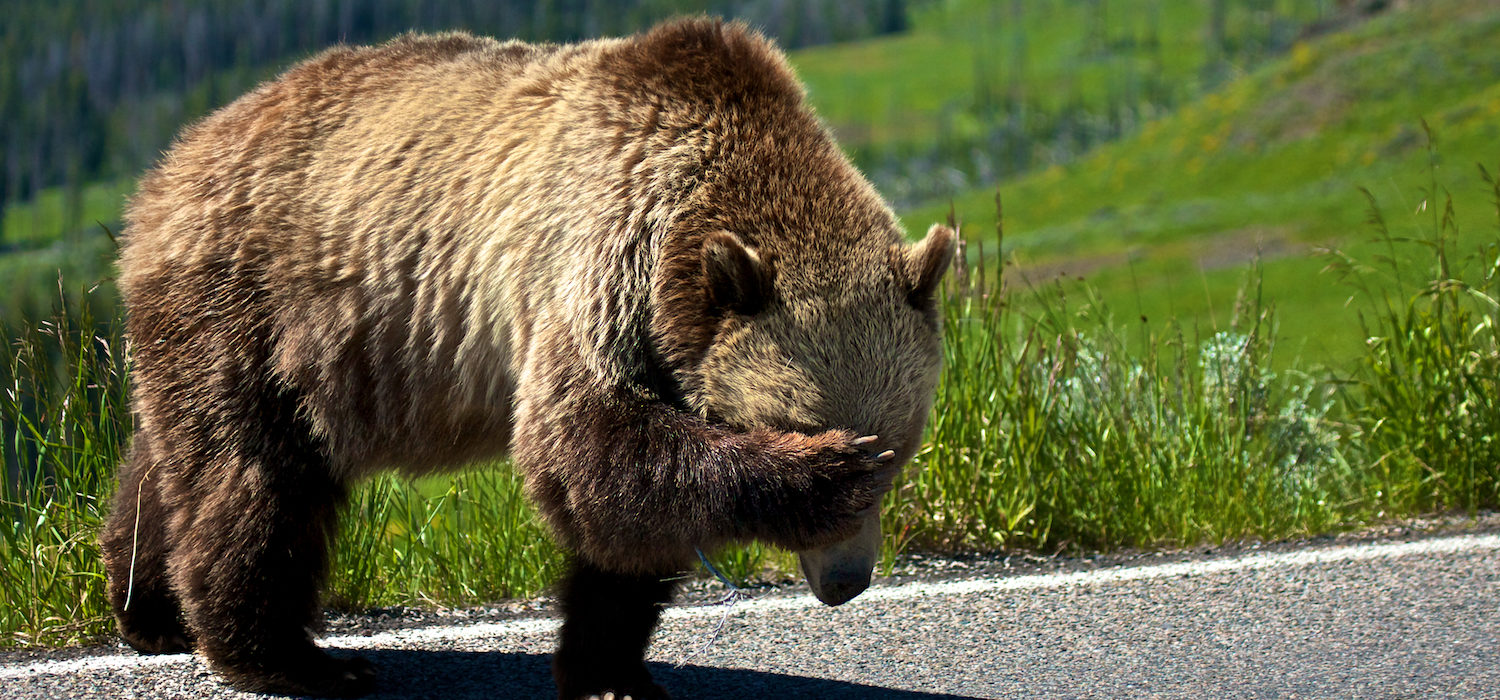
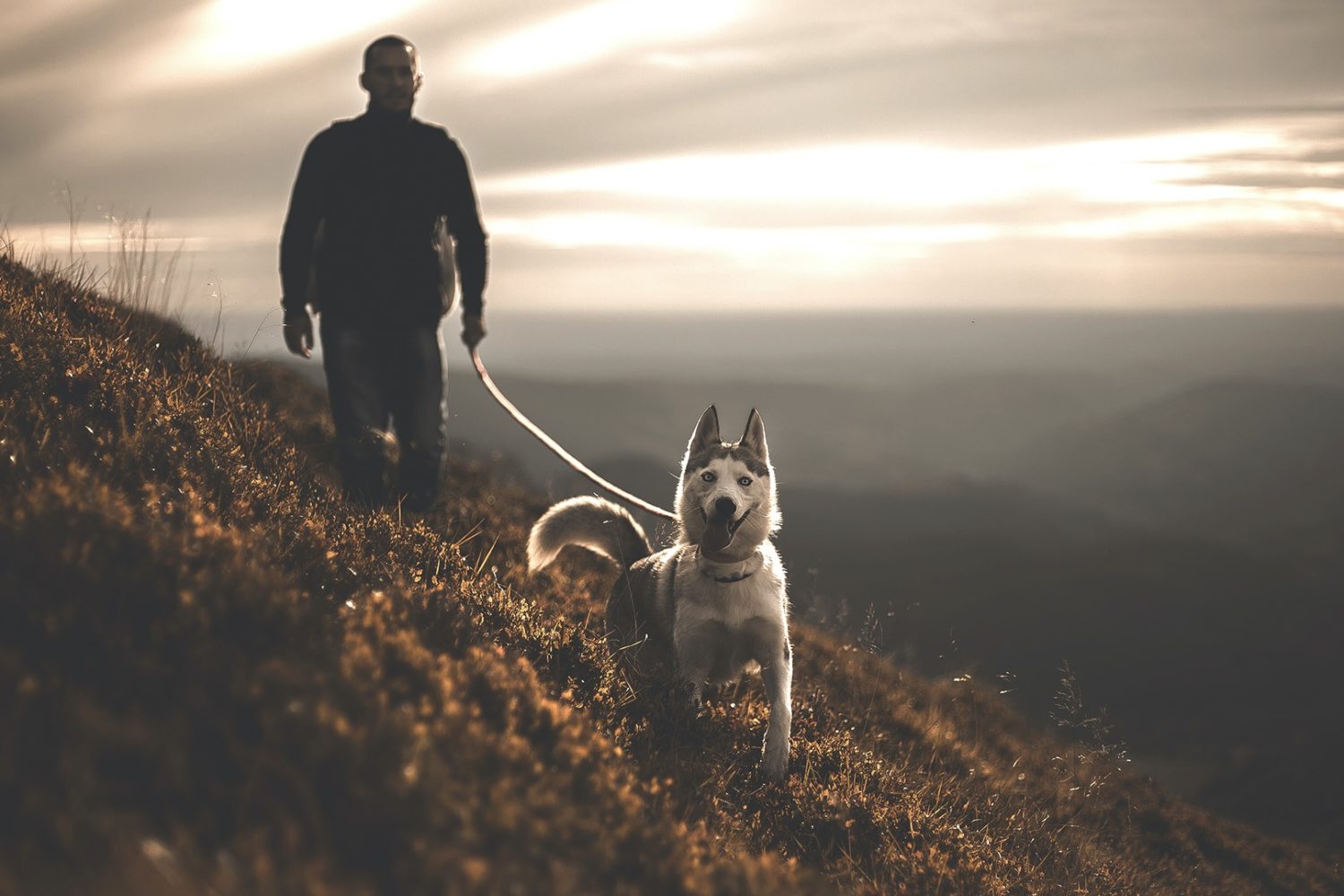
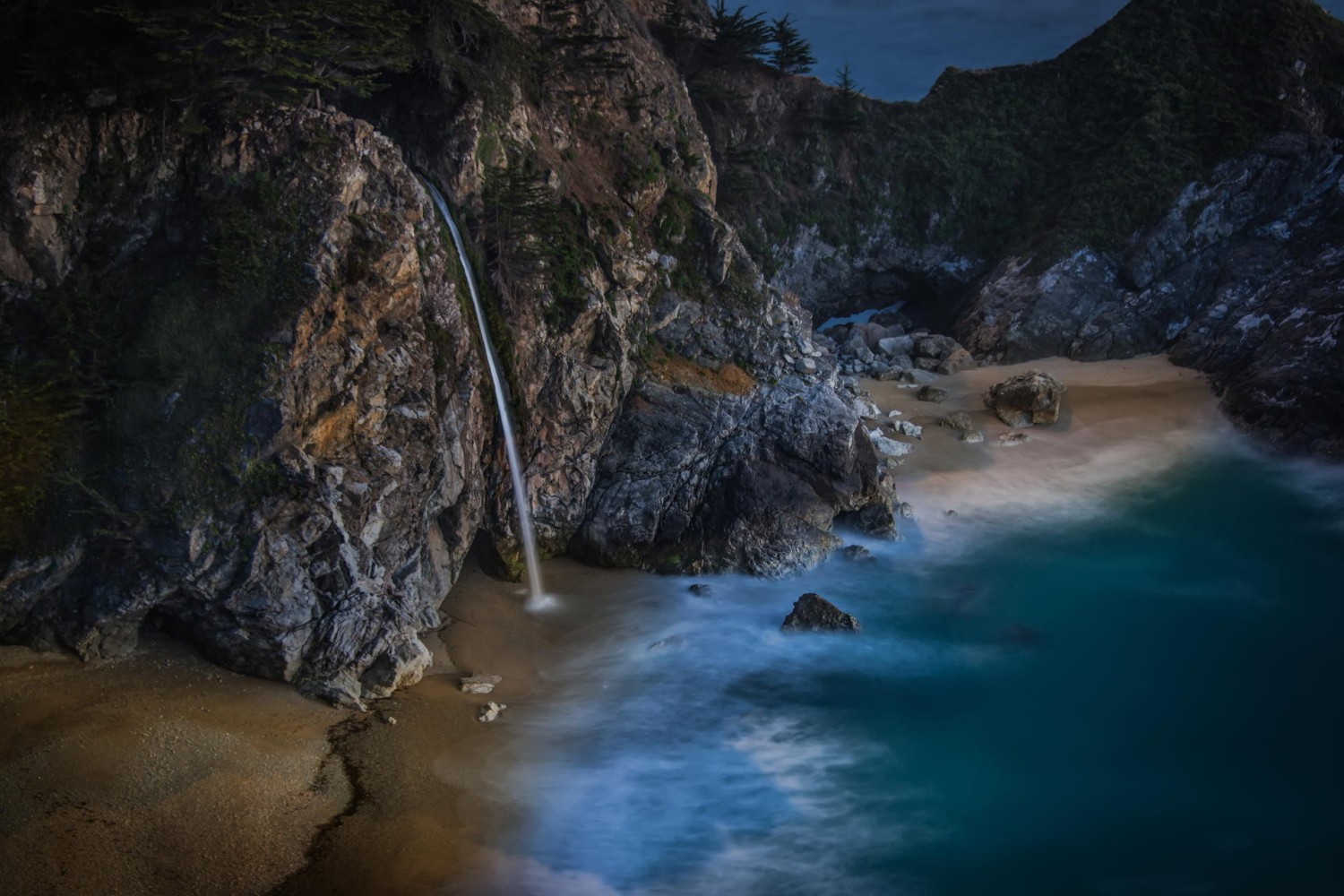
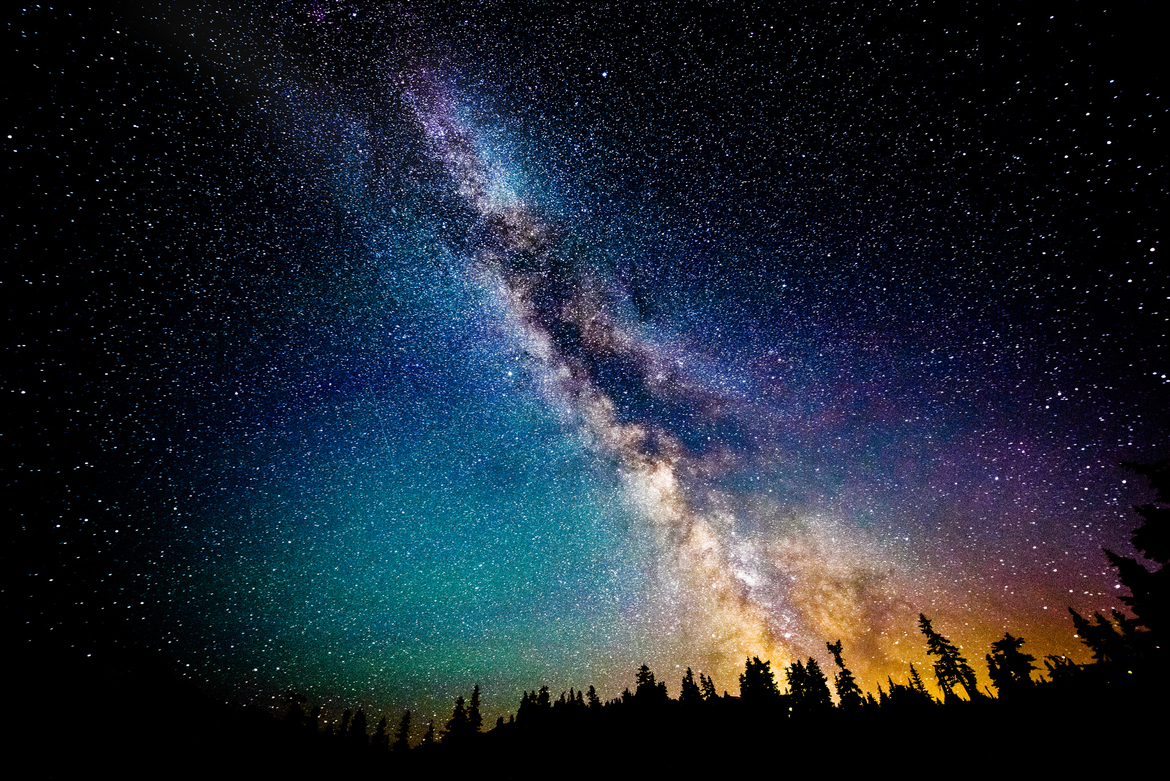
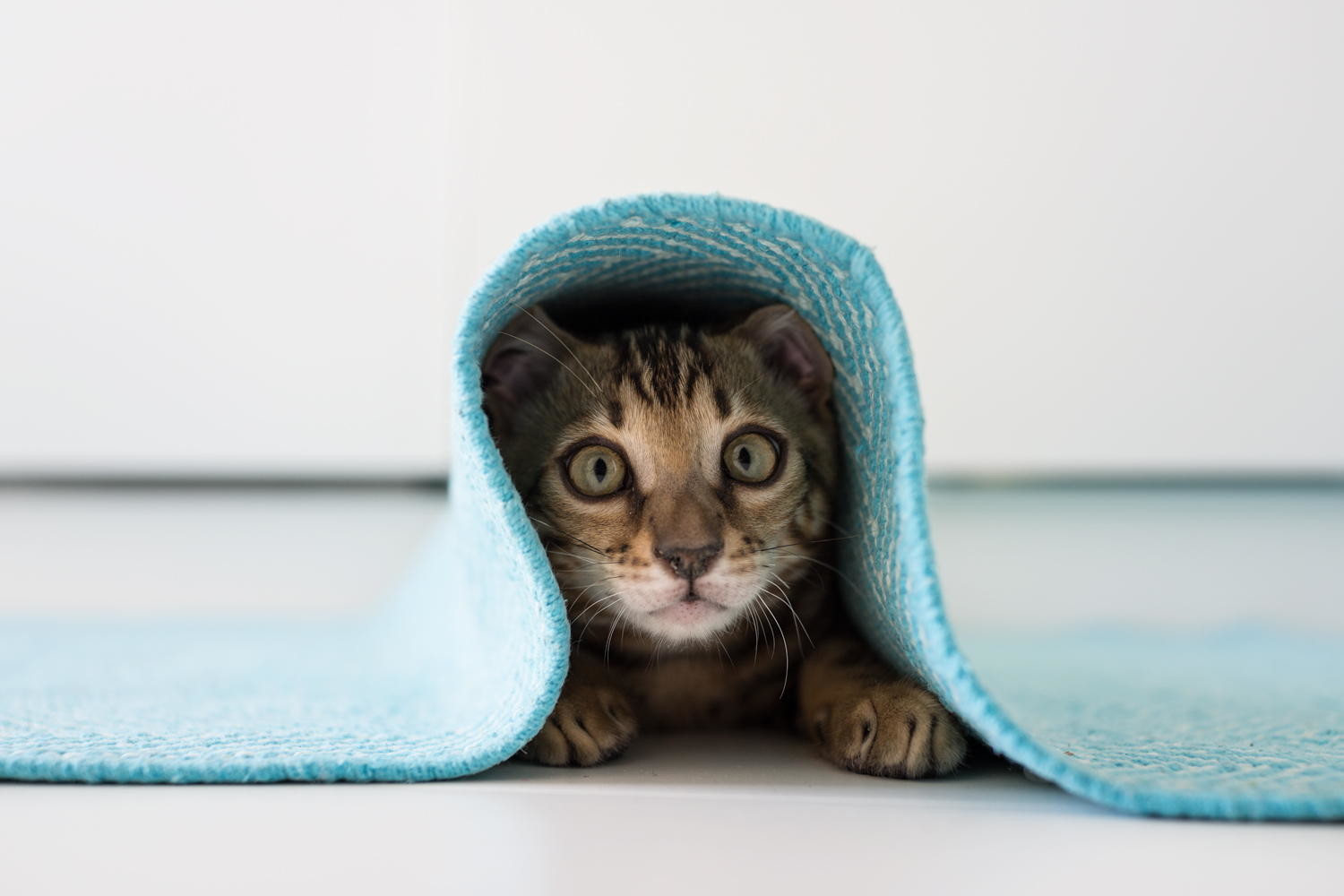
Leave a reply